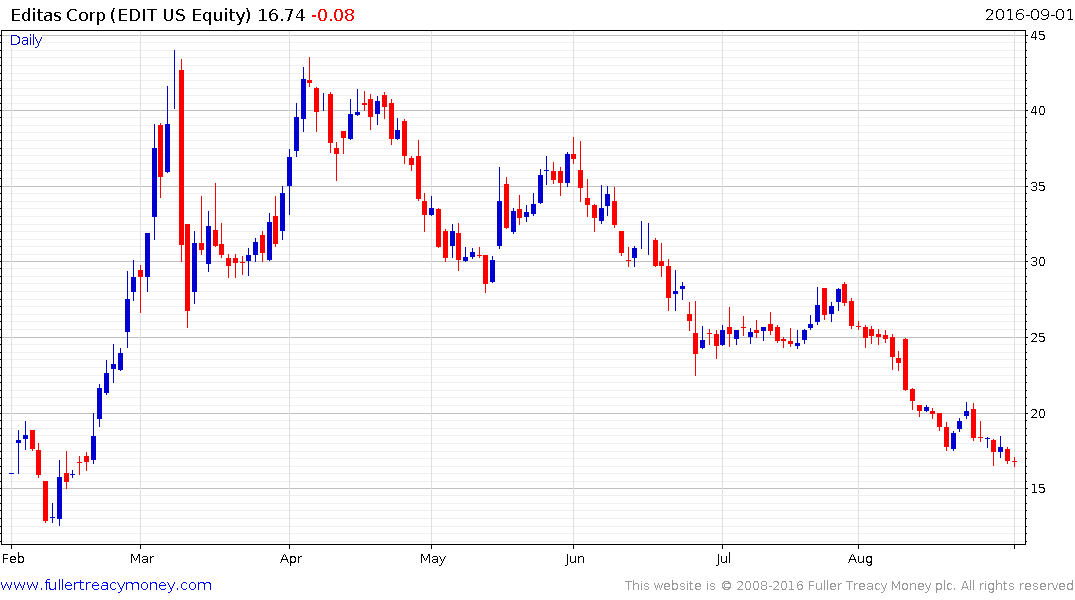Mosquitoes Are Deadly, So Why Not Kill Them All?
This article from the Wall Street Journal may be of interest to subscribers. Here is a section:
Aedes aegypti is high on the hit list of more scientists now that Zika has spread from Brazil to Miami , spawning an epidemic that has left hundreds of babies with devastating birth defects.
The same type of mosquito caused dengue to proliferate from Southeast Asia through tropical regions world-wide during the last quarter of the 20th century. The dengue virus infects an estimated 390 million people a year, killing thousands of them.?Aedes aegypti also is a carrier of chikungunya, a crippling disease that causes lasting joint pain, and yellow fever. In southern Africa, officials are struggling to contain a large outbreak of yellow fever, which can lead to fatal liver disease.
“Aedes aegypti is literally probably the most dangerous animal in the world,” says Omar Akbari, a molecular biologist and assistant professor of entomology at the University of California, Riverside. His conclusion is based on the number of infections to which the mosquito is linked.
Commerce and shipping ensured the Aedes aegypti followed humans from its roots in Africa to just about every warm wet climate region in the world. The fact mosquitoes proliferate most aggressively where people are least equipped to combat the threat they pose testifies to the fact economic growth is the most effective way of dealing with the many problems facing humanity. Gene editing, bacterial infection and radiation treatment all have a role to play in combating the significant health threat posed by mosquitoes.
The alleviation of malaria, dengue and yellow fever would represent powerful bullish developments for much of Sub Saharan Africa not least because it would relieve public health expenditures and allow more people in their prime working years to achieve their economic potential.

Editas IPOed in February, to great fanfare as the only pureplay on CRISPR gene editing technology. The share has since given up its early advance and is now trading below the debut price; Part of the reason for this is that there are competing claims to who owns the intellectual property behind CRISPR and it is apparently so easy to use that Editas may not be the company that drives future discoveries achieved using the technology. A sustained move above $20 will be required to break the downtrend and signal more than temporary steadying.


